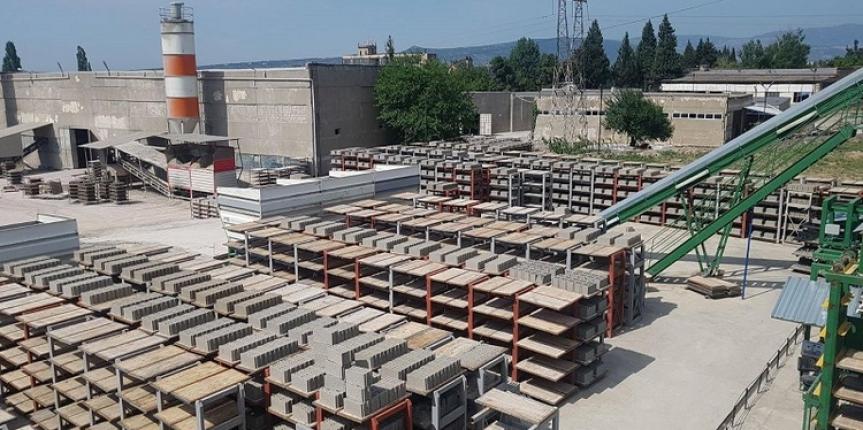
Hollow bricks are large rectangular cement-made bricks that are used in heavy constructions. They are hollow bricks because they have one or more hollow cores. The Hollow brick manufacturing business requires raw materials like cement, gravel, sand, and water. They are molded, compacted, mixed, and packed before being sent to the site. They are advantageous over regular bricks. They are durable, fire-proof, insulated, cheap, and environment friendly. Even in the block factory service, making hollow blocks is considered better than making regular bricks.
They don’t need any additional framework, not much skill is required to make them, and they are made fast and easy. And since they are cost-efficient and disaster-resistant, they are also in quite demand. Suffice to say, starting a hollow brick manufacturing business is the most viable option.
Ways to Start Hollow Brick Manufacturing Business
The following are the ways to begin a cement bricks manufacturing business plan:
1. Registration
An obvious first step to start any business is to register the newly developed business venture. It makes the service legit and might even put some recognition to the block manufacturing business.
2. Raw Materials
As mentioned previously, raw materials for hollow bricks are cement, stone chips, sand, and stone dust. It depends on the size of the hollow block service about how much raw material is required. If the business expands, it is advisable to bring the raw materials from other states.
3. Proportioning the Brick Sizes
The first step in the cement brick manufacturing industry is to proportionate the brick according to the standard specifications. Proportioning means taking a suitable amount of raw materials to make a desirable amount of concrete or cement.
4. Mixing the Raw Materials
After selecting the suitable raw materials and taking the appropriate amount of materials, the next step in brick manufacturing is mixing. The need for mixing is to ensure that the paste created covers all the standards of measurement.
5. Compacting the Bricks
Compacting fills out any air pockets present in the bricks. Too little compacting can make the paste soggy and weak. Compacting too much can make the bricks brittle and can decrease the quality of the bricks.
6. Curing and Hardening of Bricks
Block factory services remove the hollow bricks created from the mold. It ensures the hardening of the bricks. They are kept away from the sun, water, and winds. Then they are again put in moisture to make them resistant to any damage.
7. Drying the Bricks
After the bricks have hardened and a little moisture is added to them, it is left to dry off. There are machines to dry the bricks made, or we can leave them in shade.
8. Machinery
It is vital to know what type of hollow blocks manufacturing business you want to open. It can be fully automated, or it can be semi-automated. A fully Automated business uses machinery while mixing, drying, compacting, and curing. Whereas semi-automated in a bit manual. But fully automated business costs money. So it is a viable option if you know the block manufacturing business is in huge demand.
Conclusion
In conclusion, we can say that starting the hollow brick manufacturing business is profitable for the cement brick manufacturing industry as the demand for hollow bricks is high. They are considered very efficient. So by taking the necessary steps, we can ensure a profit.
